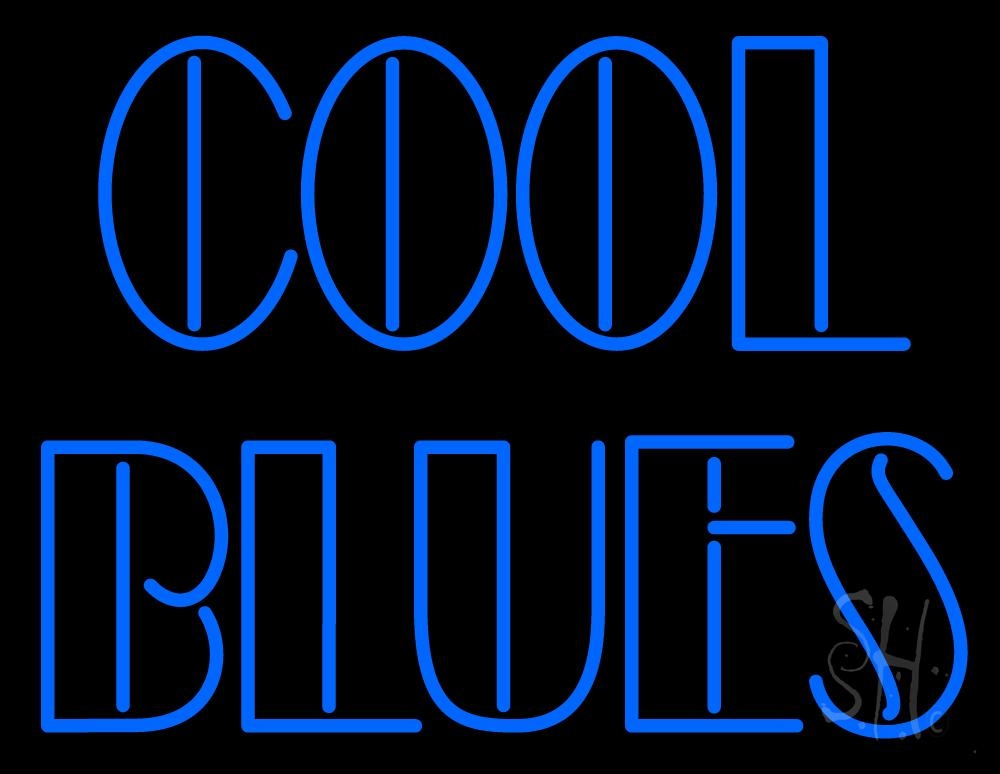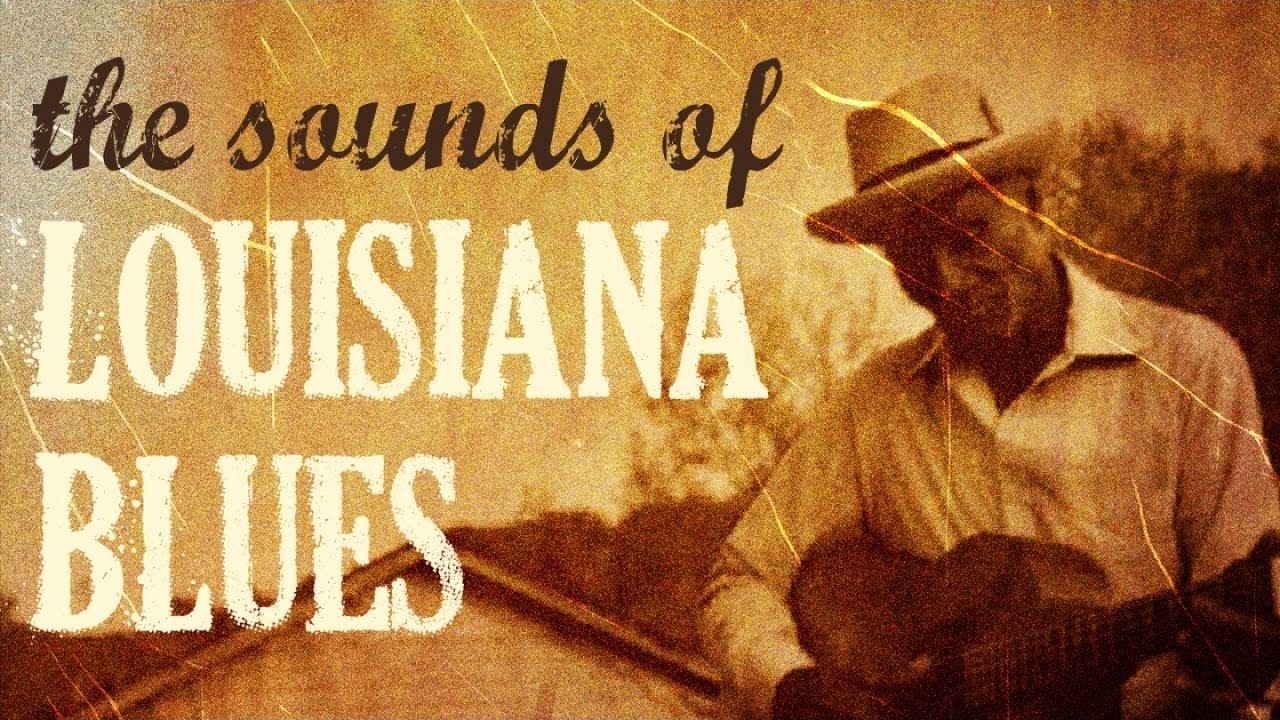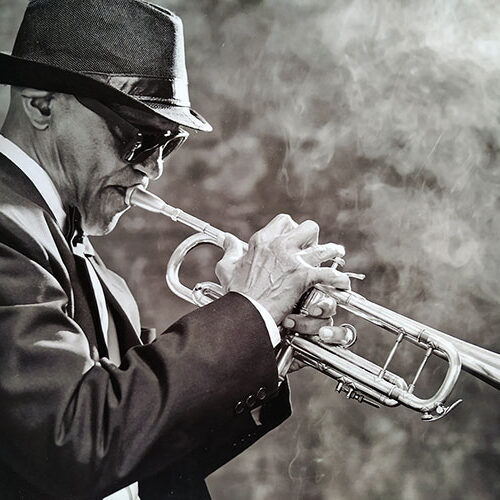
The Origins of Cool Blues
Cool Blues, often referred to as "West Coast Blues," emerged as a distinct style in the mid-20th century. Rooted in the African American experience and[…]

The Origins of Louisiana Blues
The Louisiana blues, a distinct regional style of blues music, reflects the rich cultural tapestry and historical influences of Louisiana. Emerging in the early 20th[…]

The History of Blues
The blues is a genre of music that has profoundly influenced the landscape of American music and culture. Its roots can be traced back to[…]